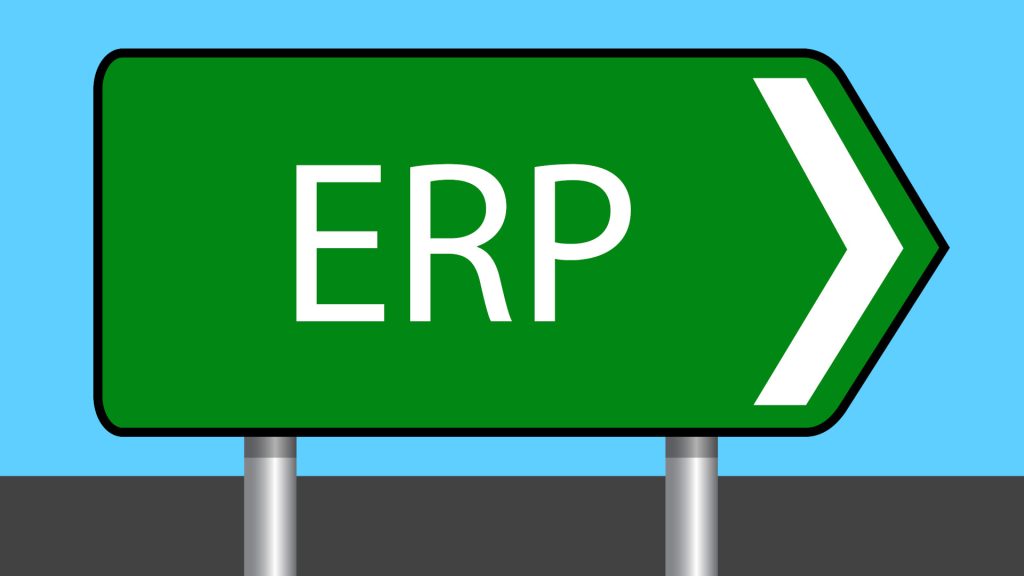Both nationally and internationally, there is increasing pressure on companies in all sectors to achieve regulatory sustainability targets by adapting and modifying their technological infrastructure accordingly.
In this context, numerous laws are intended to contribute to the successful implementation of the Green Deal.
The European Union in particular has set itself ambitious goals with its voluntary commitment to become the first climate-neutral continent.
The aim is to achieve zero net greenhouse gas emissions by 2050.
As a milestone target for 2030, it has already been set to emit at least 55 percent less net greenhouse gases than in 1990.
Companies are therefore not only obliged to disclose their carbon footprint, but also to be transparent about the specific measures they are taking to reduce their emissions.
The EU taxonomy defines the framework for sustainability and contains the Corporate Sustainability Reporting Directive (CSRD), according to which companies with more than 250 employees, a turnover of 40 million euros or a balance sheet total of more than 20 million euros must report from this year onwards.
This will affect large parts of the economy, as clients of this size will demand extensive information and evidence from suppliers that are still operating below the assessment thresholds.
In a recent proALPHA study, 38% of the IT and tech companies surveyed – which are not yet directly affected by the CSRD – stated that the ESG and CSRD regulations would entail a considerable additional reporting burden for them.
It is only a matter of time before SMEs themselves are also obliged to provide comprehensive sustainability reporting.
It is therefore high time for SMEs to look into the technological feasibility of implementing this extensive list of tasks in their own company.
Overcoming complexity barriers with the right technology mix
However, the closer company managers look at their IT architecture, the more complex this project becomes. Not least because, although all relevant areas of the company and the processes implemented in them are interrelated, in many cases there is a lack of best practices and reliable figures. So where is the best place to start? The linchpin of successful sustainability management is a powerful Enterprise Resource Planning (ERP) system. In this context, Artificial Intelligence (AI) becomes an “opportunity driver for environmental and climate protection”. Green AI is therefore becoming increasingly important, particularly for SMEs.
SMEs should utilize synergy effects of combined systems
Medium-sized companies can derive the greatest possible benefit from a combination of AI, business intelligence and a modern ERP system. Because as a stand-alone solution, AI can basically do everything and nothing. However, the path from the implementation of algorithm-based analysis software to Green AI is far too long and laborious to be a realistic alternative. Only in the context of a specific application does AI support companies in their sustainability transformation. Employees are empowered to access predictive analyses and automated processes without entry barriers. For example, when they receive placement recommendations based on historical order fulfillment data, the technology behind them remains a means to an end. As an intelligent layer between other powerful software applications, AI unleashes its potential in areas such as inventory management and field service and accelerates innovation. The ERP system contains all the information about the company and its customers and business partners in the form of huge data records. AI identifies and consolidates this flood of information, prepares it clearly and thereby improves cross-departmental productivity.
Fields of application for ERP-based Green AI
The ability to adapt quickly to market developments and changing conditions is one of the secrets of success for SMEs. However, this ability stands and falls with the business software in use, as ERP systems are the backbone of the digital transformation of companies and at the same time enable the sustainability transformation using Green AI in the first place.
In order to fully meet their reporting obligations through intelligent emissions control and consistent energy management, companies need a powerful ERP system with an integrated CO2 balancing solution. This must be able to present the energy flows and their interactions transparently, taking into account various emission categories (scopes). ERP systems with integrated CO2 management software (ENIT was integrated into proALPHA ERP for this purpose) serve as a single source of truth for all analyses and measures relating to emissions control and energy management. They enable continuous CO2 tracking, the development and implementation of reduction measures and the monitoring of emissions trends.
As part of holistic sustainability management, the company-wide energy requirements and CO2 footprint are recorded, controlled and documented. This enables companies to replace highly CO2-emitting primary products with alternatives with a better carbon footprint or reduce resource consumption through consolidated procurement processes.
(d/proALPHA)






